
It was a fine day with a blue sky and balmy weather. It was during lunchtime and too good an opportunity to not take a walk. I hoped to better bond myself with the outdoors, most probably an effect of the nostalgia for outdoors that the Novel Coronavirus (COVID-19) pandemic has fueled in all of us.
I walked physically distanced many metres away from every moving soul, zigzagging roads to skip refuse dumps and septic manholes. Soon after, I caught sight of vegetable patches and stunted cabbages.
I made a turn into a newly finished cobblestone alley, which is some ways from a sort of culvert. It was amassing rainwater, owing to faulty construction work on nearby houses. With vehicles passing over retained water, the new cobblestones had a big pothole.
Not long after that, I arrived at an asphalt road completed around seven years ago. It was adjacent to a pedestrian walkway. It had become dilapidated and hard to walk on. The walkway was further damaged by trenches dug for telephone cables. The unearthed soil for this purpose remains unreturned. The walkway was also used as the dumping site of a wood workshop for illegally parked cars and construction materials storage such as piles of sand.
A parked motorcycle reminded me of the dangers of these vehicles on crowded streets. It is a vehicle of transportation, no doubt effective in alleviating road traffic, but fails to justify its benefits because of its accident-prone nature. There has been much outcry over this by concerned citizens. It is a challenge that speaks to our extreme infatuation with motorised vehicles.
All of a sudden I got myself onto a new road. I was heading uphill. In the middle of an open space next to the walkway, there was a dumpster with a gang of dogs in a feeding frenzy over the reuse that day had to offer. To any sane person, the sight stands reminiscent of the clear and present danger posed by our waste control management in influencing the rise of stray animals and risking the spread of rabies.
I was somewhat cheered up on my walk passing by raw meat restaurants and grocery stores, boutiques and mini supermarkets. But a little ways down the road was a tilting power transformer. Further on, I arrived at a crossroad - in a narrow street. Down on the right lane next to the crossroad, the nearby house’s fence was under construction. A hulking mass of reinforcment bars were dumped right outside of the houses, meaning that pedestrians had to tip-toe their way through the street.
I crossed the junction and proceeded upward. All of a sudden the walkway turned into an impasse. There was not only a crowd but clutter on display in the form of sacks of charcoal, plastic barrels and street vendors’ two-wheelers, just to name a few. As I returned to the junction to cross it downward, a boy riding a bicycle almost hit me. He pedaled on and left as though nothing happened.
Let me be clear. It was not all bad. En route, I was humbled by vendors with affordable goods and services in a lively, active and engaging environment. There is a warmness and familiarity to the streets. This is admirable. But it is not enough of an excuse for how smelly and unsightly our streets have become to pedestrians. Our love of vehicles, as tools for transportation as well as status, have robbed us of streets to walk around on.
A walk down one of Addis Abeba's streets is all individuals need to become aware of the need to depopulate our streets of vehicles, have proper waste management and plan our urban environment with thought to residents of the city. The car-free days that have been initiated in Addis Abeba, including one last Sunday, where it was also attended by Dagmawit Moges and Lia Tadesse (MD), ministers of Transport and Health, respectively, are commendable starts. Long-term plans to make Addis Abeba a more bicycle and walking-friendly city are just as appreciated.
No less appreciable is the construction of public parks and spaces, effected through the Beatifying Sheger projects. A walkable and picturesque Addis, despite the predominating clutter of unsightly streets at the moment, is in sight.
PUBLISHED ON
Oct 16,2020 [ VOL
21 , NO
1068]


Life Matters | Dec 28,2019
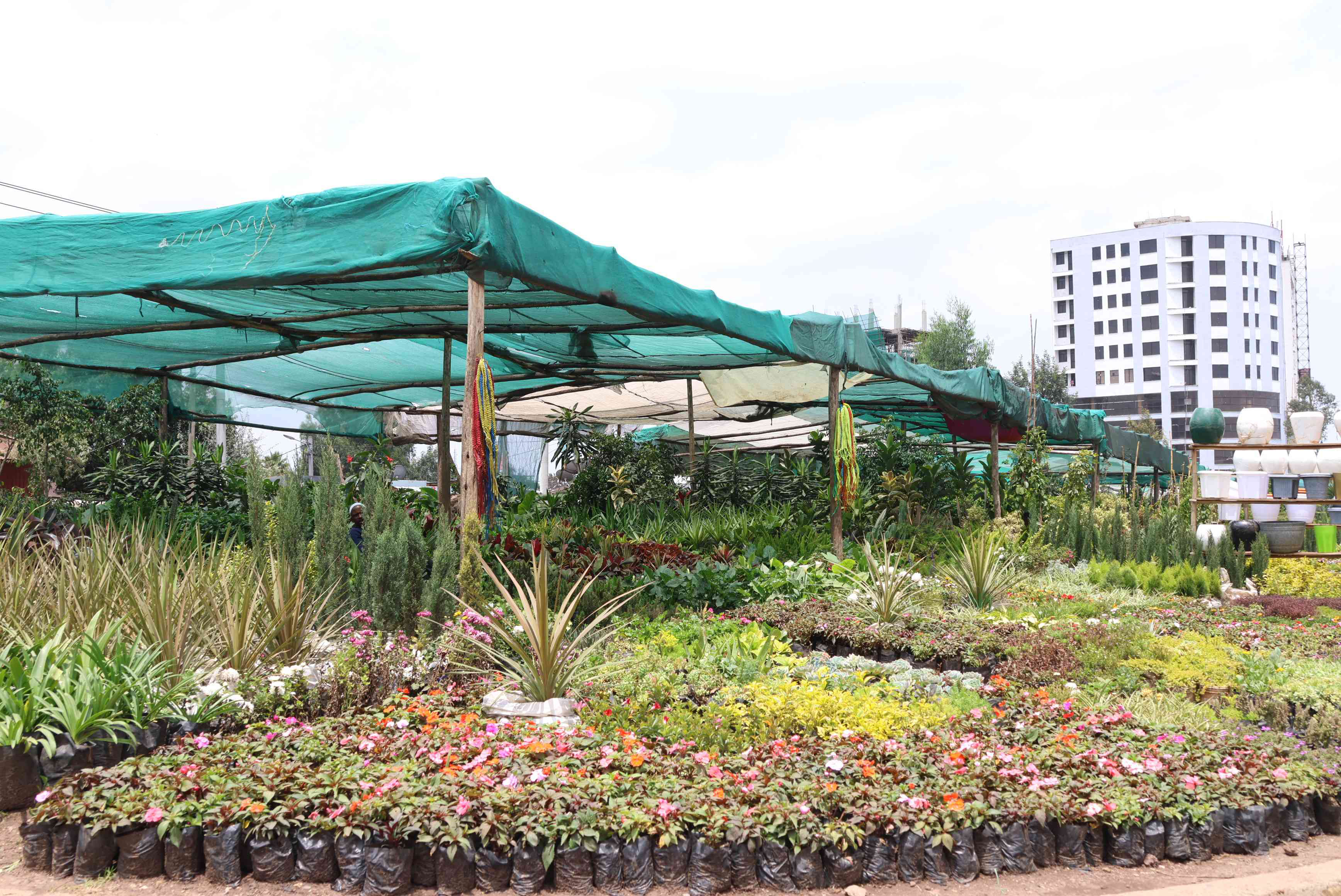
Fortune News | Jul 27,2025

Radar | Sep 23,2023
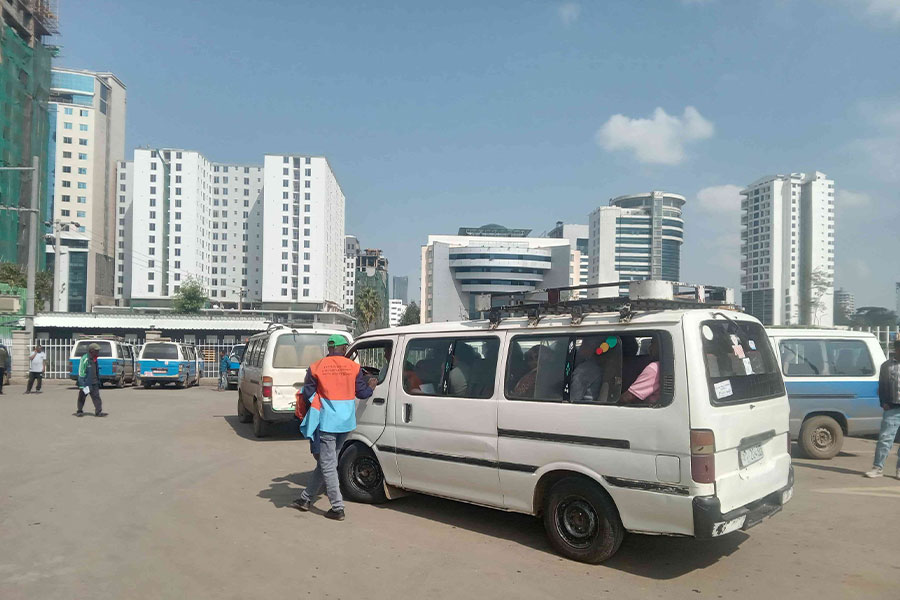
Agenda | Jun 21,2025
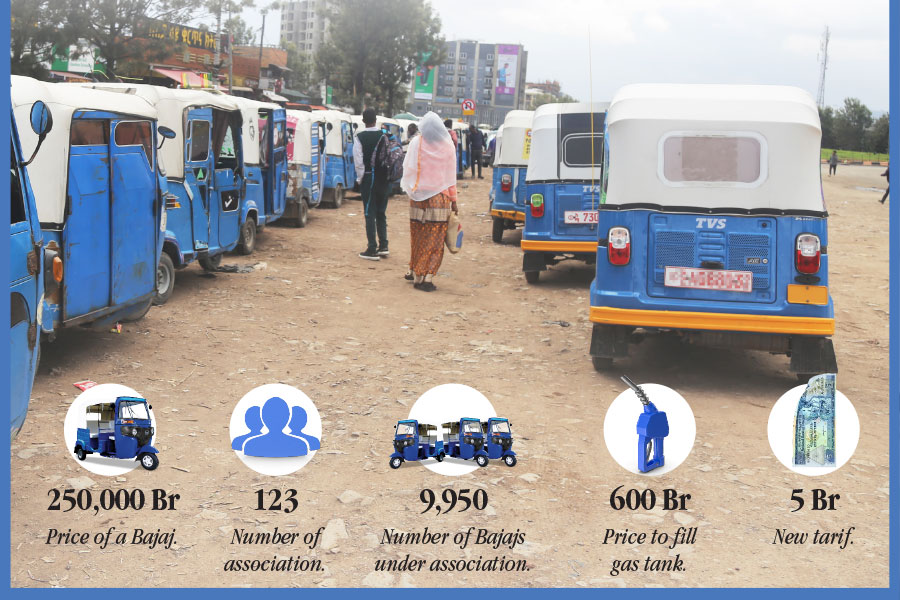
Fortune News | Apr 09,2023
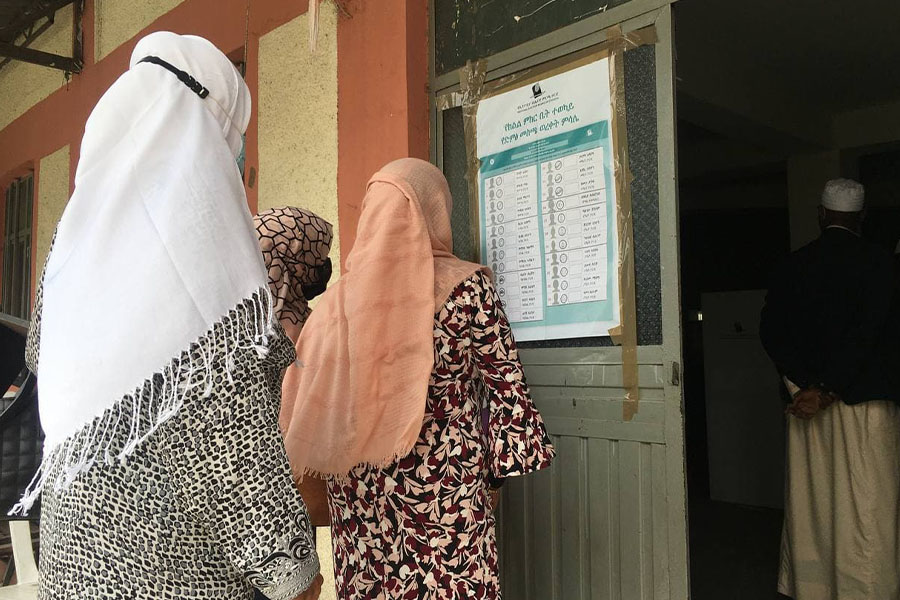
Fortune News | Sep 30,2021

View From Arada | Oct 05,2024
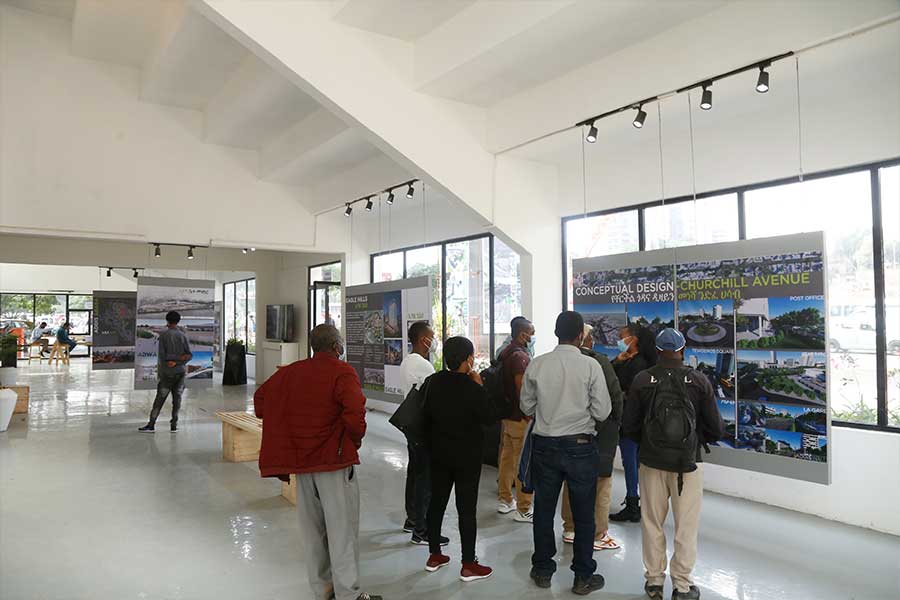
Radar | Jun 27,2020

Fortune News | Jul 13,2025

Radar | Dec 15,2024

Dec 22 , 2024 . By TIZITA SHEWAFERAW
Charged with transforming colossal state-owned enterprises into modern and competitiv...

Aug 18 , 2024 . By AKSAH ITALO
Although predictable Yonas Zerihun's job in the ride-hailing service is not immune to...

Jul 28 , 2024 . By TIZITA SHEWAFERAW
Unhabitual, perhaps too many, Samuel Gebreyohannes, 38, used to occasionally enjoy a couple of beers at breakfast. However, he recently swit...

Jul 13 , 2024 . By AKSAH ITALO
Investors who rely on tractors, trucks, and field vehicles for commuting, transporting commodities, and f...

Nov 1 , 2025
The National Bank of Ethiopia (NBE) issued a statement two weeks ago that appeared to...

Oct 25 , 2025
The regulatory machinery is on overdrive. In only two years, no fewer than 35 new pro...

Oct 18 , 2025
The political establishment, notably the ruling party and its top brass, has become p...

Oct 11 , 2025
Ladislas Farago, a roving Associated Press (AP) correspondent, arrived in Ethiopia in...